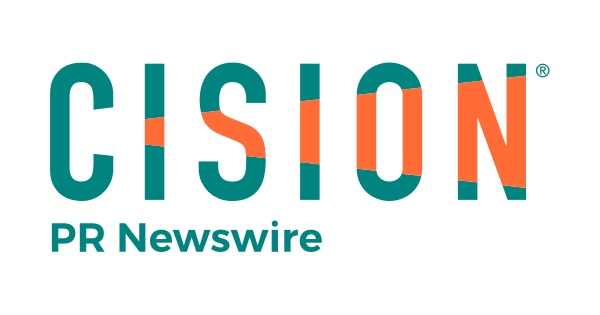SILICON VALLEY, Calif., Oct. 3, 2019 /PRNewswire/ — Bay Area Lyme Foundation, a leading sponsor of Lyme disease research in the U.S., today highlights the first tick-borne disease CME program on the West Coast, Emerging Research, Diagnosis and Treatment of Lyme Disease and Tick-Borne Illness. The conference was hosted by two major academic institutions representing the East and West Coasts of the U.S., Stanford University School of Medicine and Massachusetts General Hospital, and included presentations related to the magnitude of tick-borne disease in California, emerging diagnostic technologies, potential future treatment options, and epidemiological statistics enabled by Lyme disease biobanks.
“There is a lack of understanding about the variety and severity of tick-borne illnesses such as Lyme disease on the west coast,” said Charles Chiu, MD, PhD, professor of laboratory medicine and infectious diseases at UCSF, associate director of the UCSF Clinical Microbiology Laboratory, and Bay Area Lyme Foundation Scientific Advisory Board member. “This was a great opportunity to share the latest findings and ongoing research on the topic, so that physicians and other medical professionals can more quickly and accurately diagnose and treat their patients.”
At the meeting, Dr. Chiu reported on a number of studies being conducted in his laboratory exploring novel diagnostics for tick-borne diseases including approaches that employ human host expression profiling using RNA-Seq, CRISPR-Cas12a enrichment for detection of tick-borne pathogens, and clinical metagenomic sequencing. Other presenters included:
- Adrian Baranchuk MD FACC FRCPC FCCS, Professor of Medicine, Queen’s University (Canada), shared compelling case studies of patients who presented to the Emergency Department with Lyme Carditis, a potentially fatal manifestation of Lyme disease, and demonstrated the appropriate diagnostic cascade for these patients.
- Elizabeth Lewandrowski, PhD, MPH, Co-Director, Clinical Laboratory Research Core,
Massachusetts General Hospital, discussed the increase in positive Lyme disease tests and the lack of correlation with CDC reported cases. - Bill Robinson, MD, PhD, Professor of Medicine (Immunology and Rheumatology), Stanford University shared data that demonstrate the difference in immune response in people who are successfully treated by a short course of antibiotics for Lyme disease, versus those who are still symptomatic following the same treatment.
- Liz Horn, PhD MBI, shared an update on the research being conducted utilizing the blood and tissue samples collected by the Lyme Disease Biobank to enable research into novel diagnostics.
“By bringing the latest epidemiological data and research advances and understandings to clinicians, we hope to elucidate the significant challenges in diagnosing and treating tick-borne disease as well as offer hope that we are making progress toward making Lyme disease easy to diagnose and simple to cure,” said Bill Robinson, MD, PhD, Professor of Medicine (Immunology and Rheumatology), Stanford University, who was the chair of the program. “Tick-borne diseases are exceedingly challenging from a scientific perspective, and we are working hard to solve them.”
The program provided nearly 200 clinicians, health care providers, residents, patients and fellows an education on the state-of-the-art research, diagnostic and therapeutic approach to Lyme disease, and the current understanding of Lyme disease pathobiology. A grant from Bay Area Lyme Foundation has subsidized the cost of the program for participants, and the Fairbairn family generously contributed to this grant.
“Seeing hundreds of researchers and clinicians from different disciplines and geographies committed to learning more about Lyme instilled hope in me and the other patients in the audience,” said Nina Fairbairn, whose family’s generous donation helped make the conference possible. “We are encouraged by the research and are grateful for the commitment of researchers and clinicians to solving the challenges of tick-borne diseases.”
In the coming weeks, videos of the presentations will be available on the Bay Area Lyme Foundation website.
About Bay Area Lyme Foundation
Bay Area Lyme Foundation, a national organization committed to making Lyme disease easy to diagnose and simple to cure, is the leading public not-for-profit sponsor of innovative Lyme disease research in the US. A 501c3 non-profit organization based in Silicon Valley, Bay Area Lyme Foundation collaborates with world-class scientists and institutions to accelerate medical breakthroughs for Lyme disease. It is also dedicated to providing reliable, fact-based information so that prevention and the importance of early treatment are common knowledge. A pivotal donation from The LaureL STEM Fund covers overhead costs and allows for 100% of all donor contributions to Bay Area Lyme Foundation to go directly to research and prevention programs. For more information about Lyme disease or to get involved, visit www.bayarealyme.org or call us at 650-530-2439.
SOURCE Bay Area Lyme Foundation

